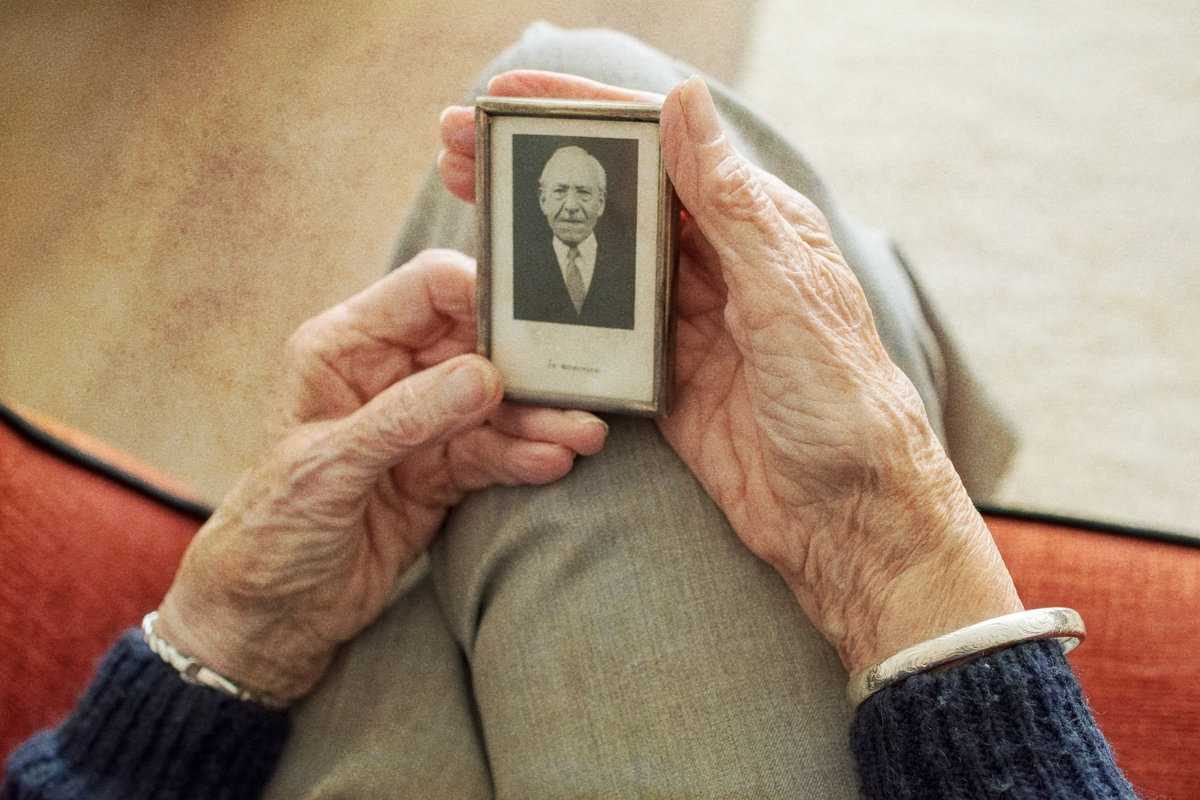
CALL:
(519) 954-2480
Your mother just moved into a long-term care home and she’s very lonely. You do your best to visit when you can, but you have a full-time career, a teenager still living at home, you babysit your grandchildren two evenings a week, and you’re still sorting through your mother’s home, which hasn’t yet sold.
You wish you could see your mother more often, but you’re already stressed out. Your mother tells everyone that no one ever visits her, and it breaks your heart.
Health and well-being are dependent on so much more than three meals a day and a clean environment. Human connection is vital to overall wellness and this need does not disappear when someone moves into retirement or long term care; if anything, the need may increase. Warm Embrace caregivers provide the human connection that will make your loved one feel valued and acknowledged as a unique individual.




While tong term care homes provide personal care and meals, they usually do not have staff available to slow down and visit with individual residents. The staff in LTC have a high responsibility to provide physical care for a whole floor of residents. Many residents may require assistance simultaneously. Understandably, those staff members are caring for imminent physical needs.
So, while all of your mother’s physical needs are met,
her social and emotional needs may not be.
Even though a long term care facility would appear to be teeming with people, it can be a very lonely place. Residents are living there because they have a need of some sort. As such, residents are not necessarily equipped to befriend each other and support each other’s needs.
For example, someone who is wheelchair-bound and extremely hard of hearing may have difficulty communicating with someone who has dementia. The person with dementia does not remember to speak clearly and loudly and the person with hearing loss cannot understand and interpret what the person with dementia is trying to communicate.


Each of these residents would benefit from a caregiver who can meet their individual needs. A caregiver is trained to accommodate each individual's abilities and disabilities. The person who is hard of hearing needs someone who can communicate clearly, perhaps using more visual communication and less auditory communication.
Likewise, the person with dementia needs a caregiver who can understand what they need in the moment, and who knows that those needs may change minute-to-minute. The caregiver will get to know the resident very well and learn the small comfort measures that provide security and relief to the person with dementia. The person with dementia may never know the caregiver’s name, but the way he grins from ear to ear when his caregiver walks into the room shows that he remembers this visitor is here just for him.






We're here to ease the transition
from retirement to long term care.
Our wonderful caregivers ensure your
loved one has a brighter day!
Contact Us Today
